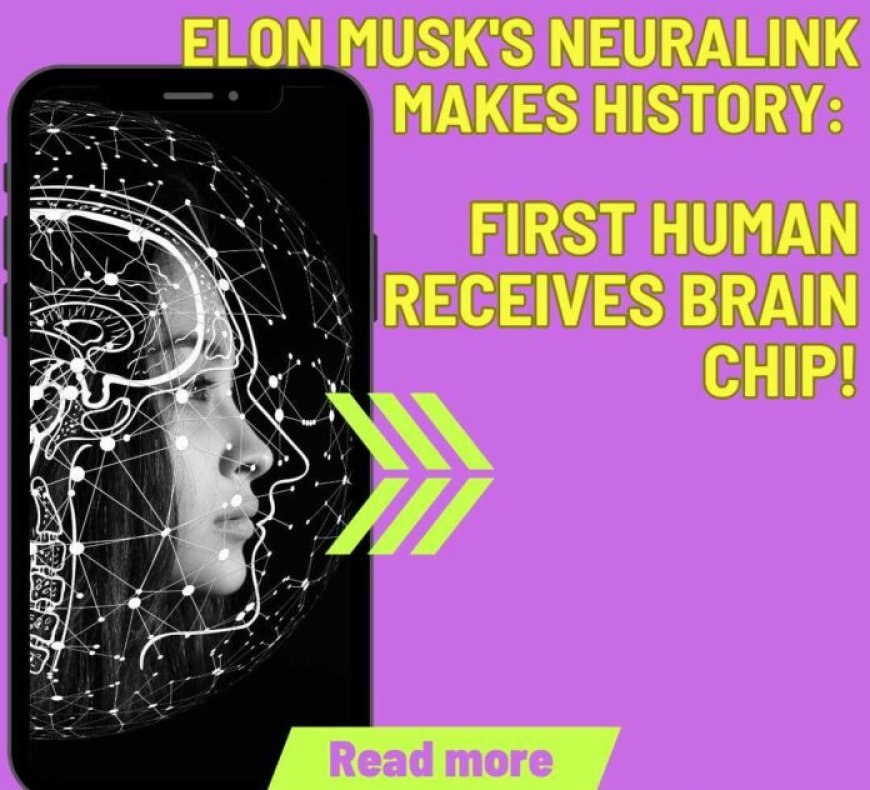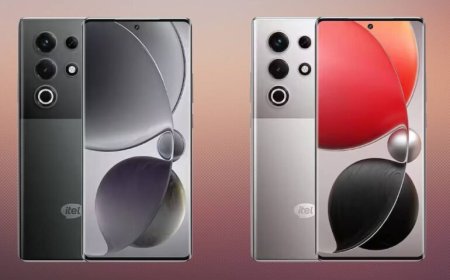Elon Musk's neurotechnology startup,
Neuralink, has successfully implanted a brain chip in a human patient. Musk says the tech enables control of a phone or computer with just your thoughts.
The first human patient is recovering well. How we interact with the sector around us.
Brain-Computer Interface: Bridging the Gap Between Mind and Machine
BCIs are devices that translate brain pastime into virtual signals, permitting verbal exchange between the brain and external devices. Elon Musk's Neuralink chip, implanted inside the motor cortex of the affected person's brain, aims to decode those signals and translate them into specific commands, permitting the user to manipulate computers, telephones, and other digital systems with simply their thoughts.
A Cautiously Optimistic Step Forward
While the details of the manner and the affected person's identity stay private, Musk has suggested that the preliminary results are promising. The affected person is reportedly getting better well and has established the potential to use the chip to govern a laptop cursor. This is a considerable first step, imparting a glimpse into the ability of this technology to empower individuals with disabilities, beautify human communication, or even open doors to completely new approaches to interacting with the sector.
Also see: tech news latest: How to Boost Your Social Media Performance and Get the Help You Need
Ethical Considerations and Uncertainties
However, it's critical to acknowledge the moral concerns and uncertainties surrounding mind-computer interfaces. The capacity for unintentional consequences, privateness violations, or even manipulation of mind pastime enhances critical questions that want to be cautiously addressed earlier than giant adoption. Furthermore, the lengthy-term safety and efficacy of these implants remain to be established.
The Road Ahead: Advancing with Responsibility
While
Neuralink's fulfillment deserves popularity as a groundbreaking advancement, it is crucial to continue with caution and obligation. Open dialogue, rigorous scientific studies, and sturdy ethical frameworks are critical to making sure that this era is advanced and used for the advantage of humanity, now not at its cost.
The successful implantation of a mind-laptop interface chip in a human-affected person marks a giant turning point within the area of
neurotechnology. While the street in advance is paved with challenges and uncertainties, this success gives a glimpse into a future wherein the boundaries between human beings and machines are further blurred, potentially leading to exciting new possibilities for human interaction and the development of human competencies.
Also see: Education News India
Follow us for More Updates
Like Us on our Facebook Page: Click Here
Like Us on Instagram: Click Here 




























